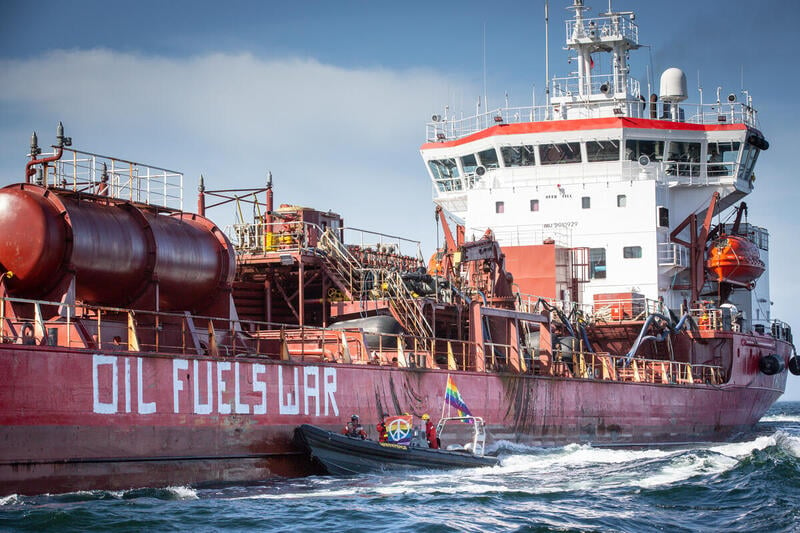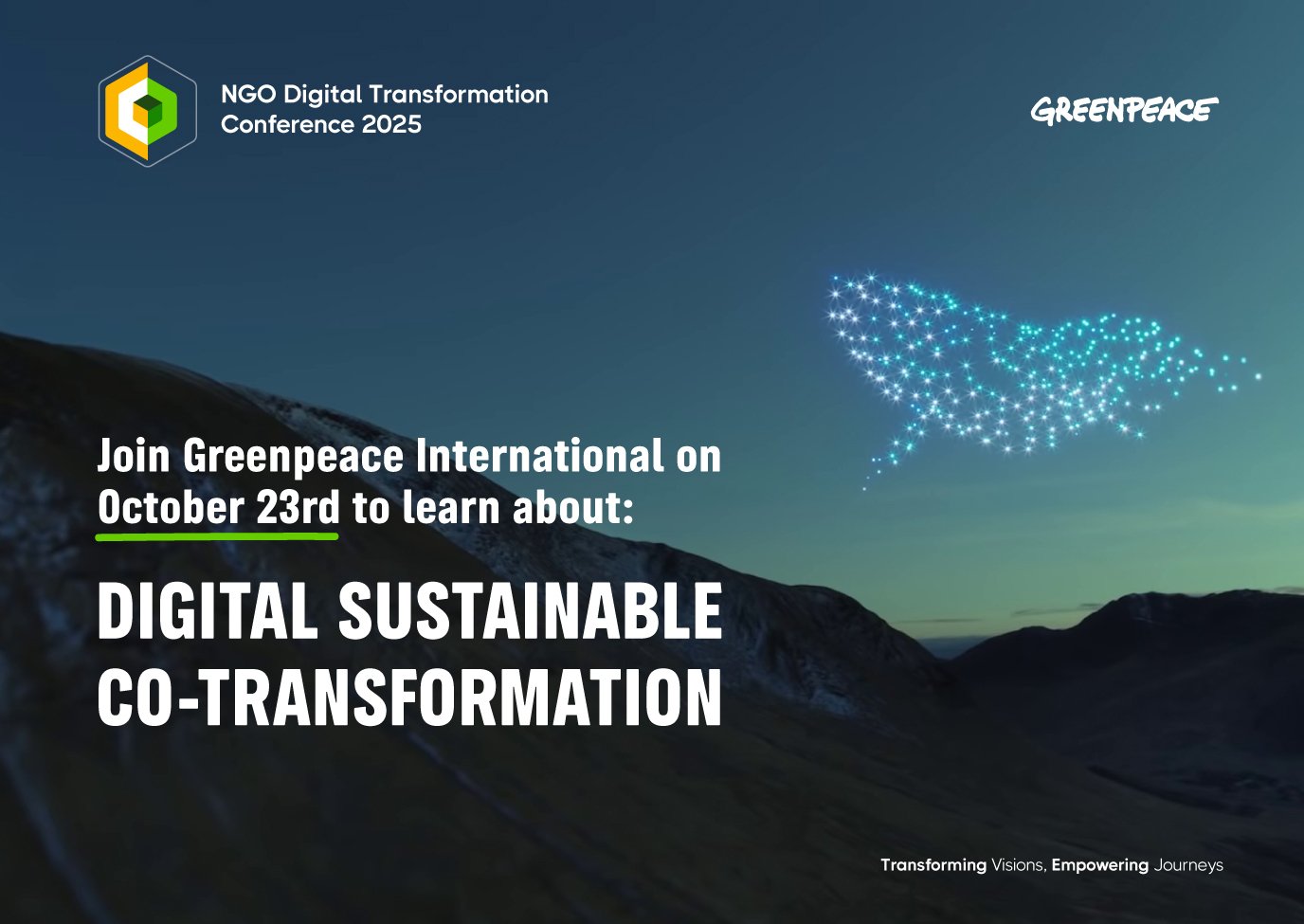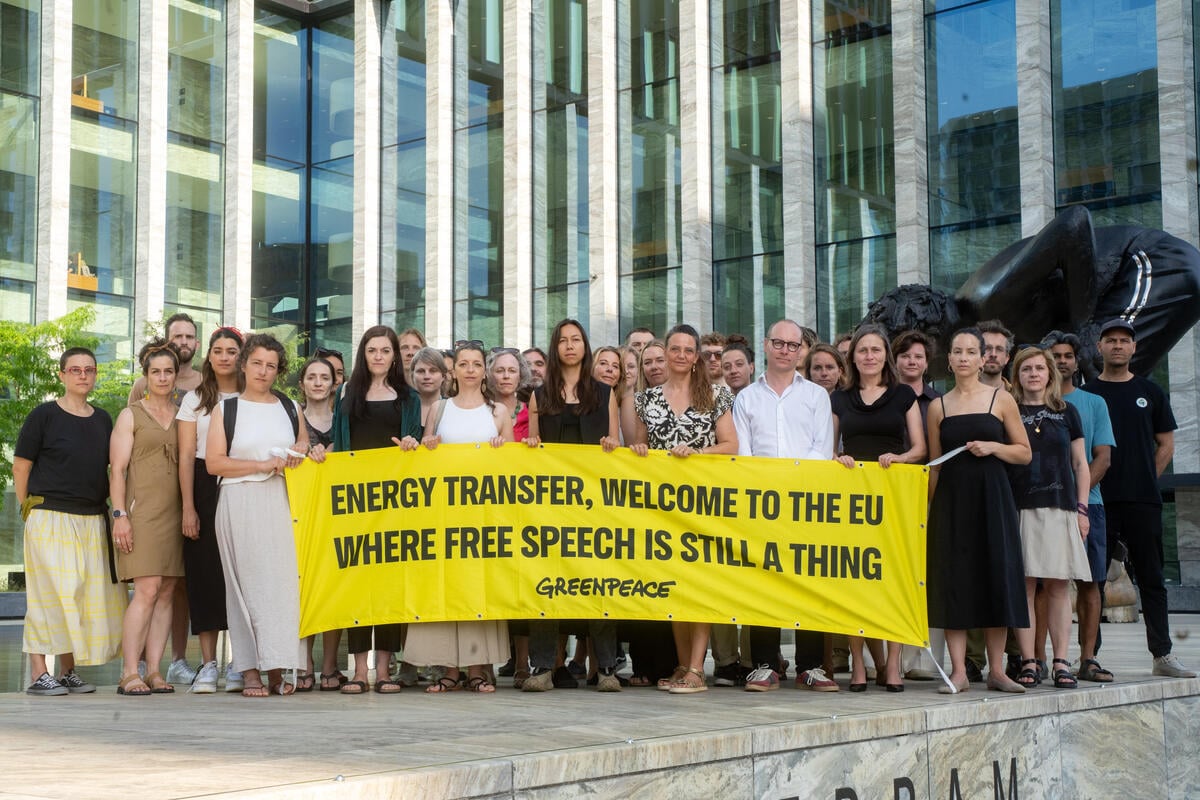When Mario Damato passed away in February 2024, we lost another Greenpeace warrior who made a significant imprint in the environmental movement. Over 34 years with the global network, he worked for Greenpeace International, Greenpeace East Asia, and Greenpeace Mediterranean.
Over those decades and locales, Mario was many things to many people: an incredibly dedicated person, a smart strategist, an opinionated visionary, a determined leader, a fierce debater and a strong opponent. But, above all, he was a passionate colleague, a wise mentor, and a caring friend. Without him, Greenpeace would be different today.
Mario came from Malta, a small island surrounded by the Mediterranean Sea. When I think about him, several things that really stand out are rooted in his personal experience of coming from a small island that has been colonised for centuries by different civilizations. Throughout his time with Greenpeace, Mario worked to challenge West European dominance and to put colonial dynamics in check.
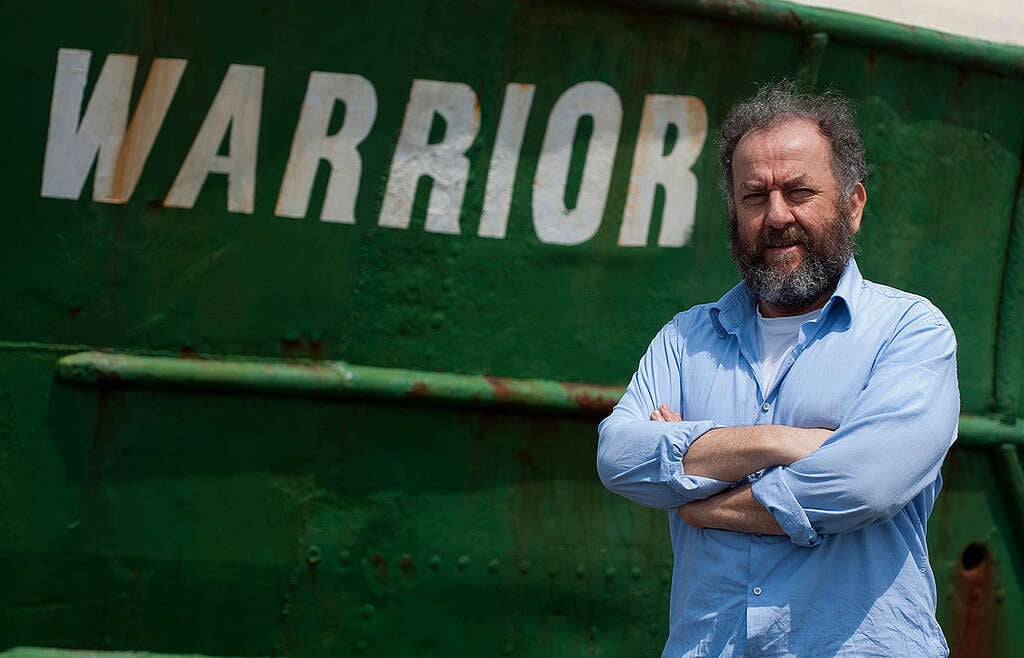
A lawyer by education, Mario was active in a local environmental group Żgħażagħ għall-Ambjent since its creation in mid-1980’s. His first Greenpeace job was organising local logistics for a protest during the Malta Summit of Gorbachev and Bush in December 1989. After that, he got on board Greenpeace ship MV Sirius as it sailed from Malta to Tunisia and deployed a Nuclear Free Seas campaign.
Over the next few years, Mario provided research and coordination support for Greenpeace projects in the Mediterranean. These were run by organisations in Italy and Spain, but Mario forged connections beyond Europe, involving the Maghreb region in Northwest Africa. He created networks with local partners in these countries and, with them, helped deliver Greenpeace campaigns in the region, targeting overfishing, destruction of turtle habitats, dumping of toxic waste, and nuclear threats.
Mario built strong partnerships which were essential to diversify the network, improve Greenpeace’s understanding of environmental problems in the region, and to deliver many campaign wins. He was also instrumental in setting up several new Greenpeace organisations in the region, including Greenpeace Mediterranean, where he worked as the organisation’s first director.
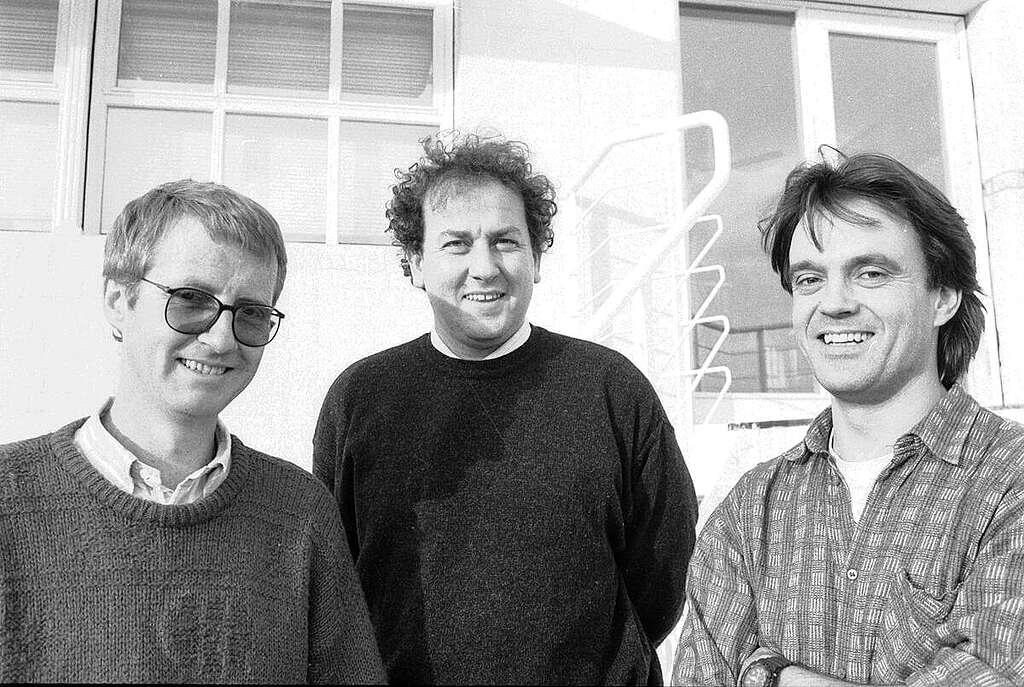
In 2000, Mario took the position of Campaign Director at Greenpeace International, where he was keen to make sure that global campaigns were relevant outside of more privileged Western European countries and to ensure that campaigns dealt with environmental problems and challenges in the Global South. Three years later, he was tasked with supporting the development of Greenpeace in places where it seemed difficult to operate and campaign, notably in Asia.
This eventually led Mario to become a director of what was then called Greenpeace China. Under Mario’s leadership, what was reshaped into the regional office Greenpeace East Asia became one of the most successful Greenpeace organisations outside of Europe. After 12 years in China, Mario returned to the Netherlands, working as a Director of Organisational Development at Greenpeace International. He eventually retired at the end of 2022.
Deeply convinced that we have to overcome limiting, local mindsets, Mario kept challenging the natural tendency of people to look at things from their own, rather narrow, national perspective. He strongly believed in internationalism, the necessity to be much more open to other perspectives and realities, and adjust accordingly. Being a minority voice, he was intentionally vocal and bold in challenging others in this.
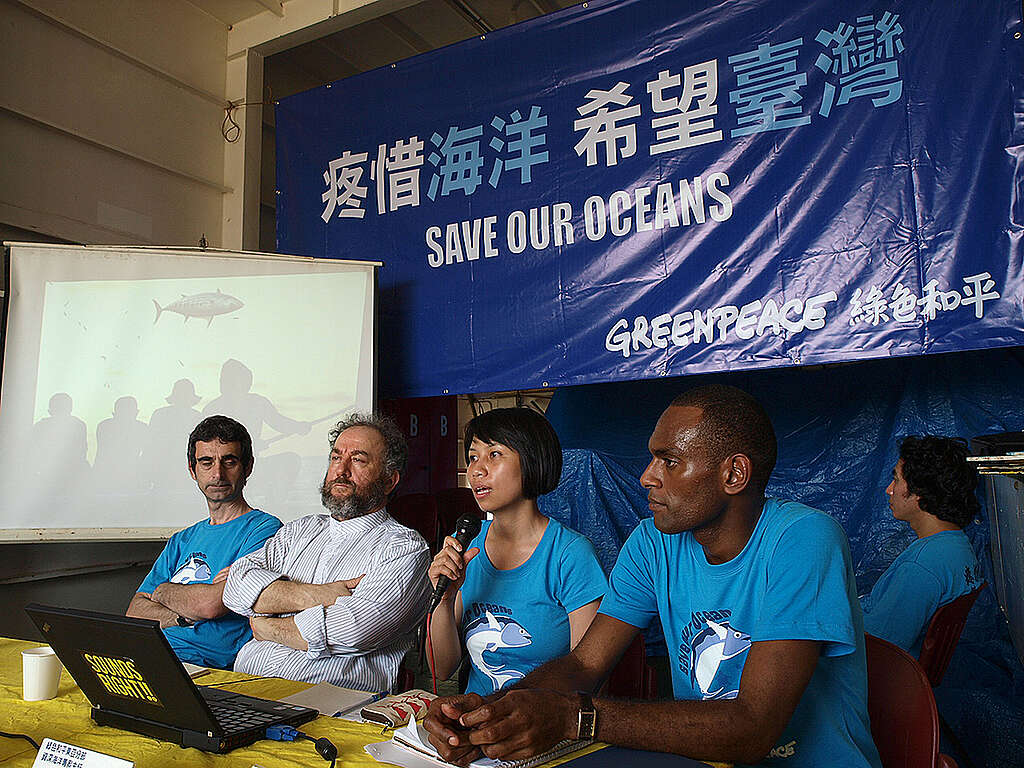
An advocate for a truly global Greenpeace, Mario fought for equity for non-European organisations and leaders across the global network. He engineered an innovative mechanism of internal resource redistribution which aimed to ensure the funding flow — generally from rich, mostly European Greenpeace organisations to those in the Global South — came without the sort of direct political influence that inherently comes with money. His efforts empowered organisations with fewer resources to develop on their own terms, even if receiving support from the global Greenpeace network.
Mario also believed that as Greenpeace is becoming more global, the various perspectives and fundamentally different realities sometimes bring inevitable clashes and tensions, and that mutual trust is required to keep Greenpeace together as one network. This would be built with transparency, better understanding of each other’s various, even conflicting, perspectives, and robust policies equitably applied to everyone.
For me, Mario Damato was a great inspiration for how fiercely he worked against all sorts of injustices, racism and incompetence. In such cases, he was quick to respond, with a courage to call these out powerfully, no matter what.
In retirement, Mario returned to Malta, living at his family’s house at Birzebbuga’s waterfront, enjoying local food, warm Mediterranean sun and swimming in the sea.
In his memoir, this is how Mario reflects on his Greenpeace odyssey:
My final hope is that it has not all been for nothing […] A Chinese saying goes: “We thank those who have planted the trees for the shade we have today”. I hope that the trees I have planted have grown into forests with enough shade for Greenpeace to provide the necessary.
Stay assured, dear Mario, that all your contributions make Greenpeace a better and stronger organisation – today and into the future. Thank you for everything!
Jan Beránek is the Development Director at Greenpeace International

